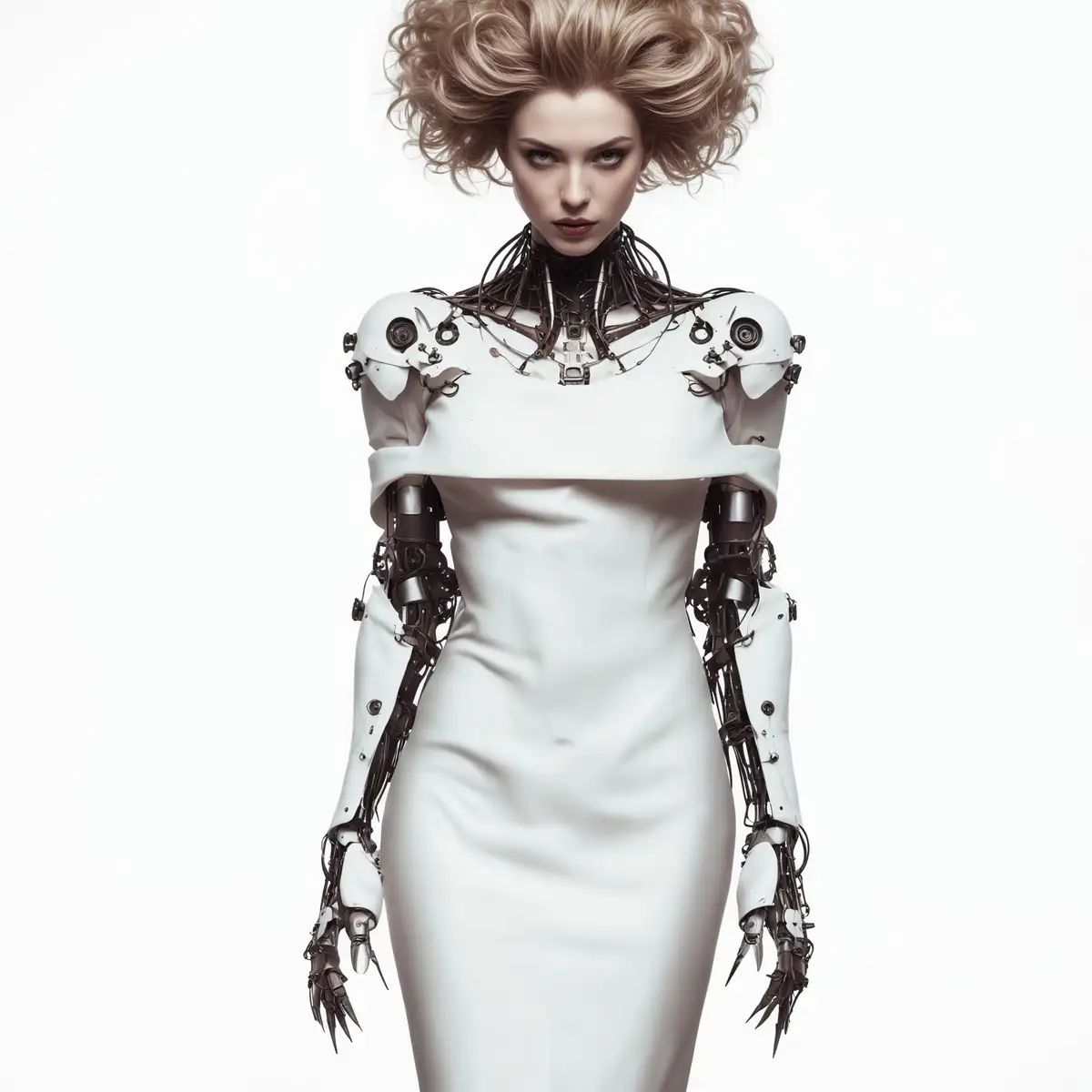Have you ever wondered what would happen if we could harness the full potential of the human brain? As the author of “The Birth of Cogenant,” I’ve spent years researching and imagining the possibilities of human neural networks and their incredible computing potential. Let me share with you some fascinating discoveries about our brains and why they continue to inspire both scientific research and science fiction.
The Ultimate Biological Computer
The human brain is nature’s masterpiece of computing - a system so advanced that it makes our most powerful supercomputers look like pocket calculators. Operating at an estimated exaFLOP (a billion billion calculations per second), our brains process information in ways that modern technology can only dream of replicating.
What’s even more remarkable is how energy-efficient this biological supercomputer is. While a typical computer needs about 100 watts of power, your brain runs on just 10 watts - less than a standard LED bulb. This incredible efficiency is one of the reasons why, in “The Birth of Cogenant,” I explored the potential of neural networks as an alternative to traditional computing systems.
Beyond Binary: How Our Brains Process Information
Unlike computers, which process information in a linear sequence of 1s and 0s, the human brain operates more like a vast neural network, with billions of parallel connections working simultaneously. This parallel processing ability allows us to:
- Process multiple sensory inputs at once
- Make intuitive leaps in reasoning
- Adapt to new situations instantly
- Learn from experience
- Understand context and nuance
These capabilities inspired me to imagine what might happen if we could network human minds together, creating something far more powerful than any silicon-based computer. While the technology in my book is fiction, the underlying science of how our brains process information is very real.
The Ethics of Neural Computing
In researching for “The Birth of Cogenant,” I became fascinated by the ethical implications of merging human consciousness with computing systems. The real-world development of brain-computer interfaces (BCIs) raises similar questions:
- How do we protect individual privacy and autonomy?
- What are the boundaries between human and machine intelligence?
- Could networked minds maintain their independence?
These aren’t just science fiction concerns anymore. Companies like Neuralink are already developing BCIs that could one day allow direct communication between our brains and computers.
The Future of Human-Computer Integration
Current research into brain-computer interfaces points to some exciting possibilities:
- Direct neural control of prosthetic limbs
- Restoration of speech and movement for paralyzed individuals
- Enhanced memory and cognitive function
- New forms of communication and learning
While we’re still far from the advanced neural networks depicted in science fiction, these developments show how the line between human and machine intelligence continues to blur.
Why This Matters?
Understanding the power of the human brain isn’t just about scientific curiosity - it’s about recognising our own potential. Every time you solve a problem, learn something new, or make an intuitive leap, you’re using computing power that surpasses anything we’ve built with silicon.
In my novels I explored these themes through the lens of science fiction, but the underlying questions are very real: How can we best use our natural neural computing power? What happens when we finally bridge the gap between mind and machine? And most importantly, how do we ensure these advances benefit humanity while protecting individual freedom?
Looking Forward
As we continue to develop new technologies and push the boundaries of what’s possible, the human brain remains our greatest model for efficient, adaptive computing. Whether through artificial neural networks inspired by our biology or direct brain-computer interfaces, the future of computing may lie in better understanding and harnessing our own neural architecture.
The possibilities are both exciting and challenging. As we move forward, it’s crucial to balance technological progress with ethical considerations and human values.
What do you think about the future of neural computing? Share this post with your thoughts. I’d love to know what you think.
If you’re interested in exploring these themes further through the lens of science fiction, check out “The Birth of Cogenant,” available at major online bookstores. The novel examines these concepts through an engaging narrative while raising important questions about the future of human consciousness and computing.


